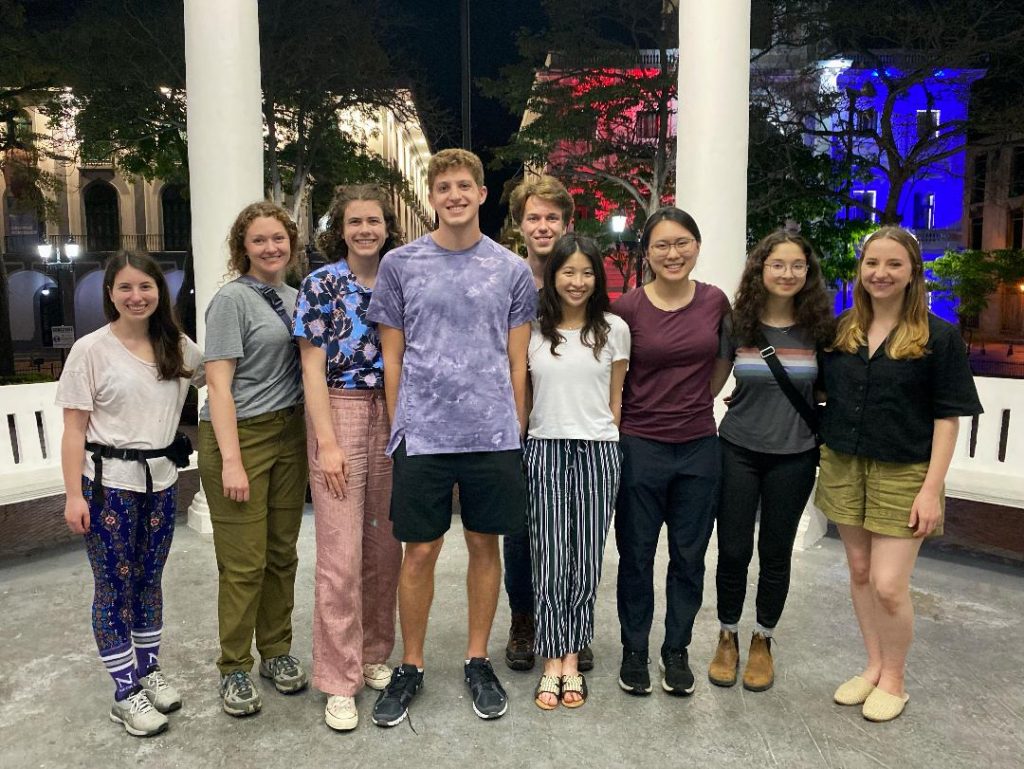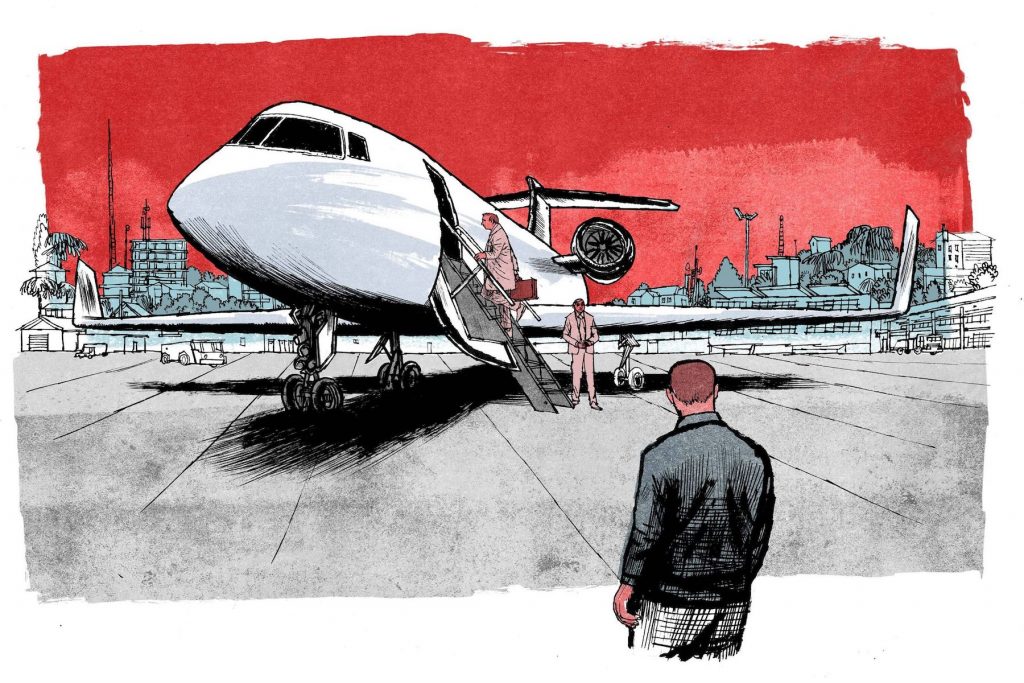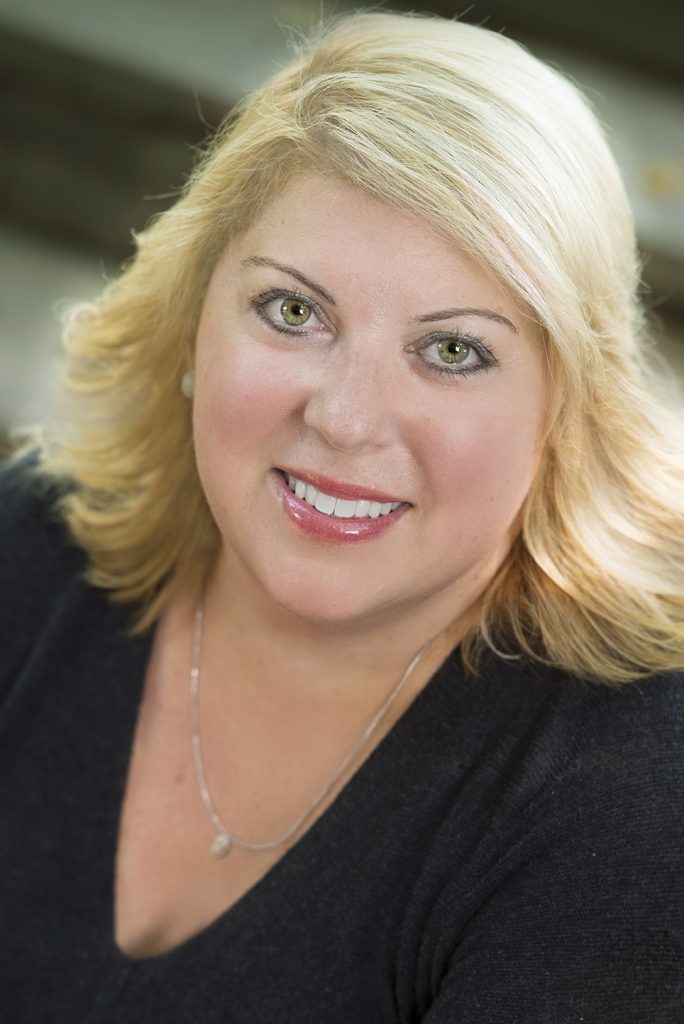
Across the world, governments recruit individuals known as honorary consuls to represent their interests abroad. The volunteer diplomats receive many of the same privileges and legal protections as career diplomats, but a lack of oversight and regulation leaves little knowledge about the consuls themselves and their work.
In 2022, the undergraduate and graduate students at the Medill Investigative Lab undertook a first-of-its-kind investigation into the uses and abuses of this system. Working with ProPublica and the International Consortium of Investigative Journalists, we helped to investigate the backgrounds and activities of hundreds of consuls. We also probed historic documents, interviewed experts and conducted on-the-ground reporting in La Chorrera, Panama.
This work uncovered a secretive world of rogue diplomacy. Operating under limited government oversight, we found honorary consuls accused or convicted of drug trafficking, fraud, bribery and other illicit activity.
We wondered how countries navigate this system and who gets access to this unique diplomatic position, which comes with a package of perks. The team quickly discovered that those with money and clout can seek out honorary consulships and that no international body is responsible for regulation, though honorary consuls have existed for hundreds of years.
Political science and international studies major Linus Hoeller said the experience allowed him to explore his interest in both visual storytelling and international reporting. Serving as the photographer during the Panama trip, Hoeller said the work allowed him to broaden his journalism skills in unexpected ways.
Hannah Feuer, an undergraduate student studying journalism and economics, said she is proud to have contributed to an investigation breaking new ground, saying the subject of honorary consuls has “never been extensively reported on before.”
For Grace Wu, who studies journalism, art history, economics and legal studies, Medill student journalists proved capable of conducting an investigation with local and international implications.
Investigative journalism holds those in power accountable, and we believe this project sheds light on a vulnerable and exploited system. With a relentless drive for truth and transparency, the work of investigative reporters can bring greater awareness to wrongdoing and convey tangible consequences of poorly regulated systems.
— Jordan Anderson, Emily Anderson Stern and Michael Korsh

Nov. 14, 2022
ProPublica: The Global Threat of Rogue Diplomacy

Debbie Cenziper is an associate professor and the director of investigative reporting at Medill. She also oversees the Medill Investigative Lab. Besides teaching, Cenziper is a Pulitzer Prize-winning investigative reporter and nonfiction author who writes for The Washington Post. She spent three years at The George Washington University before joining the faculty of Medill.
Over the years, Cenziper’s investigative stories have exposed wrongdoing, prompted Congressional hearings and led to changes in federal and local laws. In her classes at Medill, Cenziper and her students focus on social justice investigative reporting.
Cenziper has won dozens of awards in American print journalism, including the Robert F. Kennedy Award for reporting about human rights and the Goldsmith Prize for Investigative Reporting from Harvard University. She received the Pulitzer Prize in 2007 at The Miami Herald for a series of stories about corrupt affordable housing developers who were stealing from the poor. A year before that, she was a Pulitzer Prize finalist for stories about dangerous breakdowns in the nation’s hurricane-tracking system.
Cenziper is a frequent speaker at universities, writing conferences and book events. Her first book, “Love Wins: The Lovers and Lawyers Who Fought the Landmark Case for Marriage Equality,” (William Morrow, 2016) was named one of the most notable books of the year by The Washington Post. Her second book, “Citizen 865: The Hunt for Hitler’s Hidden Soldiers in America,” was released by Hachette Books in November 2019.
Cenziper is based on Medill’s Washington, D.C. campus, working with undergraduate and graduate students on investigative stories.